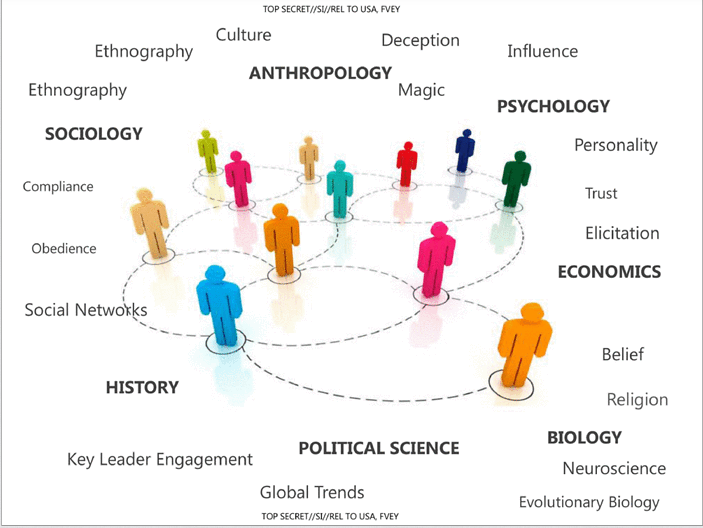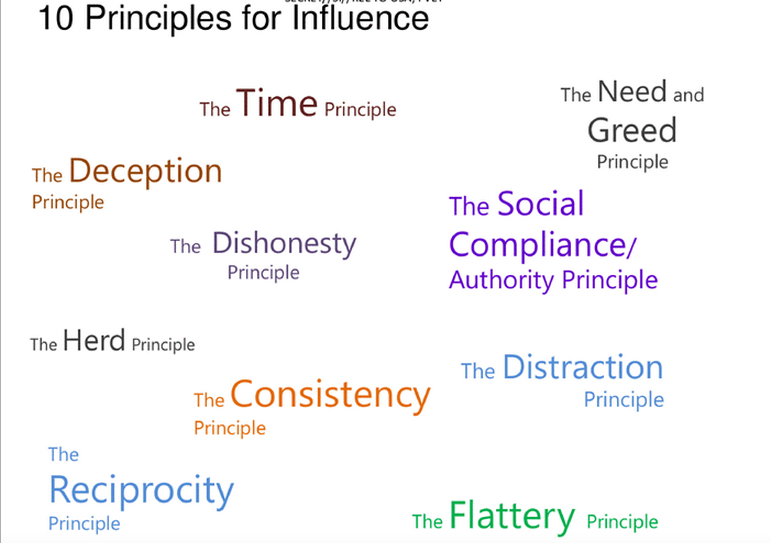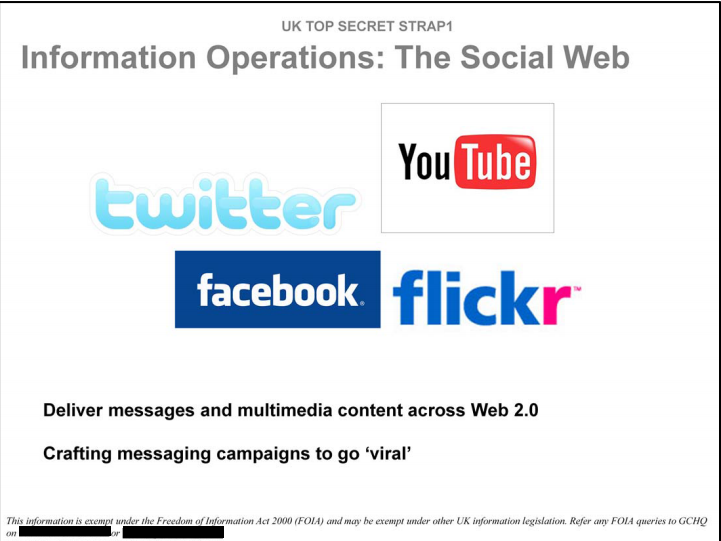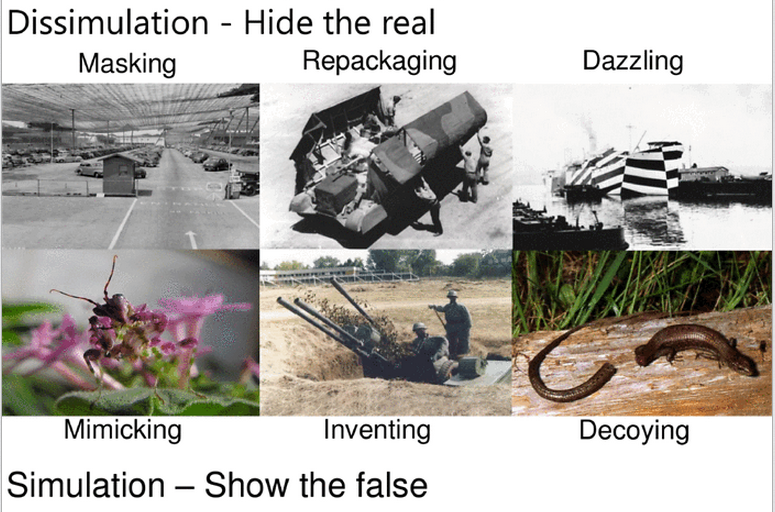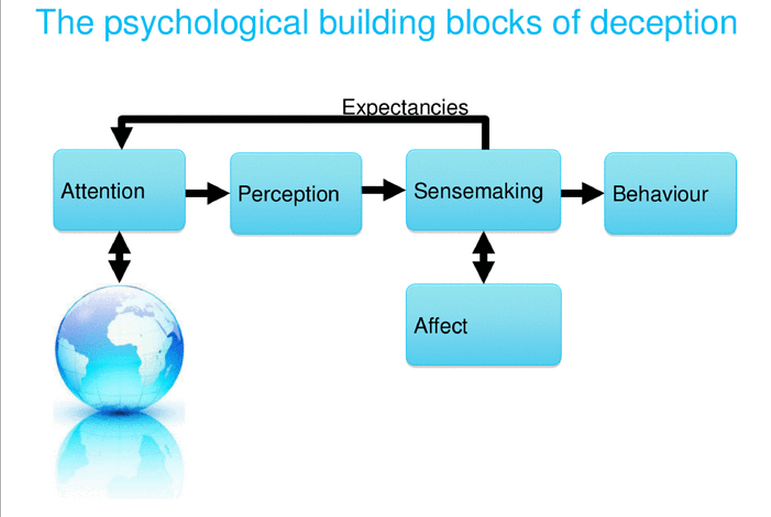Part of a series, Autonomy, Diversity, Society. Posts about our roles, relationships and governance. No article in this section is meant to stand alone, there will be a lot more coming soon that will clarify the current posts.
—-
According to Thomas Carlyle, “The History of the world is but the Biography of great men.” and the accepted histories certainly agree with him.
Since change does not and cannot come from the masses who conform and those who may initiate radical change are shunned by society, leadership of change is taken over by Great Men, demagogues who interpret the thoughts of radicals for their own benefit and steer society in the directions most suitable to them. Great Men are accepted by the majority as they are not actually radical or unusual. They are instead a glossy version of the average, just attractive and superior enough that they can lead but not so different that they would be unaccepted by the majority. Truly radical ideas cannot be directly accepted by the majority, they must be interpreted by knowledge bridges as must highly specialized innovation. Great Men have the education, understanding and access to appreciate and intercept new ideas and package them, or easily palatable pieces of them, in an attractive and widely accessible format. They also have the ability to suppress the ones dangerous to themselves.
Today’s Great Men (and occasionally women) are the politicians, Thought Leaders and CEOs and they are incessantly promoted by their own media as the source of all solutions for all of society. They still, through celebrity influence, financing monopoly and reciprocal promotion, drown out all other voices appealing for mass acceptance. They still are made up almost entirely of able, caucasian, educated men from privileged families. Whether they have achieved their self proclaimed superiority by birth, the 30 iq points above average intellect recommended to lead the masses or just the appearance of a Ken doll, these are the men and occasionally women who lead society. The state of society today is evidence of their complete lack of real qualifications.
The exceptionalism in social media coverage of this population is even greater than that shown by old media. Purchased followers and influence sharing complete the return to Aristotle’s age of demagogues. They demand and are awarded the main spotlight, relegating the commoners to the corps while berating them for being untermenschen, sheeple, or whatever the term of the day is. The dual spotlights on the majority and the Great Men blind anyone from seeing those in the shadows who must rely on the Great Men to deliver their messages.
These Thought Leaders are able to perceive, use and destroy radicals in their community and they are employed as the voice of the voiceless, standing between those outcast and the society which outcast them and acting not as bridges but as walls. A trade economy based on popularity brings a huge amount of power to celebrities. Few would disagree that the massive global audience given to Bono and Bill Gates, Craig Kielberger and Russell Brand is rightfully theirs. Even where their incompetence and lack of knowledge is proven they are commended for using their voices to bring awareness to issues. Pointing out that they deny a voice to those they are speaking for is considered ingratitude.
The endless speakers at endless TED talks, panels and forums, the motivational talk circuit, the powerful amplifiers and aggregators, all help create a new structure of control and access to power, far more easily manipulated and powerful than those in the past. While politicians had to acquire some level of knowledge and bear some responsibility for their advice, there is no such pressure on celebrities. Mia Farrow can declare that Blackwater is just what is needed in Darfur with no electoral consequences or accountability. Journalists win Oscars, Oscar winners are journalists and both have audiences at the highest level of governance. Africa has become the Hameau de la Reine for Hollywood and Silicon Valley where the wealthy now play at governance as Marie Antoinette once played at farming. Creation of political parties and reform lobbying at the highest levels are also the latest celebrity / tech industry pastime.
Map from Mother Jones, Dr. Clooney, I Presume? An interactive map of the celebrity recolonization of Africa. — By Dave Gilson
The Great Men create a clearly defined caste system of who are the saviours and who are the saved and the gates to ever escaping assigned status are carefully guarded. Our right to communicate is usurped by those with the access to audience. Aggregators and amplifiers marginalize creators and those in need. NGO’s established to aid those most marginalized proclaim they are equal opportunity and inclusive employers and then demand PhD’s and elite work experience irrelevant to ability. Silicon valley awards ‘startups’ vast sums of money based on the founders matching the demographic of those already in power. Official blue checks of authority established by Twitter are awarded to US bloggers and random personalities and not to African heads of state. The obsession the powerful have against online anonymity is because they rely on identity to determine who they will engage with.
Great Men intercept knowledge between epistemic communities and the majority. Because they control the majority, they control the resources and they control the audience. They decide what information is dispersed through the media, what people are credited, and access to funding, development and research. The power of the Great Men is used against anyone outside the circle of obedient followers. These followers turn against any enemies of the Great Men and refuse to stand for the rights of their victims. Direct support or communication for those in the shadows, those with original ideas or in need of assistance, is blocked and the Great Men gain in followers, wealth and power by acting as gatekeepers.
Great Men interpret messages into easily digestible soundbites created to trigger acceptance or rejection by the mob. They rarely innovate and their knowledge is almost never at an elite level. As every field becomes more advanced this is increasingly true. Where once a Great Man could actually be the one with the best overall knowledge, it is now impossible. Knowledge at an elite level requires constant study, research, and association with those at the same level and cannot be readily explained to lay people without knowledge bridges. Thought which challenges established ideas cannot be expressed and accepted in an 18 minute TED talk to a lay audience as entertainment. Neither can solutions to the world’s problems be presented to screaming children at a WE day rock concert. The trivial solutions marketed are at best distracting attention and resources from real solutions, at worst they are harmful.
The Stratfor leak provided by whistleblower Jeremy Hammond showed how the ambitions of the Great Men are used against efforts to reform. Radical activists “want to change the system; have underlying socio/political motives’ and see multinational corporations as ‘inherently evil,’” explained Duchin. “These organizations do not trust the … federal, state and local governments to protect them and to safeguard the environment. They believe, rather, that individuals and local groups should have direct power over industry … I would categorize their principal aims … as social justice and political empowerment.”
The two easiest subtypes to join the corporate side of the fight are the “realists” and the “opportunists.” By definition, an “opportunist” takes the opportunity to side with the powerful for career gain, Duchin explained, and has skin in the game for “visibility, power [and] followers.”
It doesn’t matter to their followers whether the Great Men have any expertise or not. In the majority of the world that would rather examine personality than events or ideas, a complete lack of knowledge or credentials is seldom even questioned. If it is questioned the followers respond as though it was a personal attack on their Great Man, with comments such as ‘he is doing the best he can’ or similar. They do not question why he should be called upon to do so. When it is pointed out that there are other opinions vastly more qualified, the ability of a Great Man to lead the masses, to ‘raise awareness’ is presented. The unease most should feel at this barrier to real knowledge and this misplaced power is apparently overcome by a conviction that some day we will prop up a Ken doll who will do more than act like a Ken doll, despite the fact that that is the sole criteria that made him a Great Man in the first place.
A group of Great Men never simply follow and promote the best ideas. Ideas have owners and the fame and power of the Great Man is tied to the fame and marketing of his ideas. In common parlance, one does not simply endorse anarchy or libertarianism, one is an anarchist or libertarian. The person becomes the ideology. An anarchist must by definition oppose all ideas in opposition or evolution to anarchy or they would, by their own self-definition, cease to exist. This extreme association of people to ideas as well as the apparent need to adopt all facets of an ideology in order to become the associated person creates a rigid environment incapable of unemotionally examining, accepting and rejecting ideas on their own merits.
The Great Men seek to lead or control a group or an ideology. They don’t evolve well. They attempt to hold onto ideas long outdated and their energies are spent protecting their own positions from progress. Since mass acceptance, power, money and fame arrive at the peak of the acceptance bell curve it is unlikely Thought Leaders ever spent much time on the innovation end and they certainly don’t remain there. Once living ideas collapse into dead hyphenated ideologies, patents, copyrights and schools of thought, they are no longer responsive to the changing needs of their communities. Thought Leaders become Thought Owners.
Endorsements are passed around a clique of mutual citations, mutual promotion, and mutual financial and reputation increasing opportunities. Ideas are never radical enough to be in opposition to those whose approval is required to promote them. Great Men and their followers dominate reddit, Wikipedia and LinkedIn and reference each other on every topic. They run all the conferences and put each other on every panel, they control funding which they allocate to each other and they control boards they appoint each other to. If your authority comes from without circles of power it is unciteable. Instead of a true epistemic community of user promoted expertise and original thought, ideas are promoted from stagnant pools of academia, echo chambers of homogeneous thoughts citing each other into oblivion.
Knowledge comes from participation in the user group. Governance by those who have never been in the position of the governed is not going to be knowledgeable. Political science taught in the halls of Harvard instead of the streets and homes of those most dependent and vulnerable to bad governance was always going to be disastrous. Governance theory is never tested, there are no sandbox villages created to test different forms and monitor results. It is simply theory plucked from the echoes of dead white men and imposed arbitrarily on populations as ‘governance by the people’. This governance is not from the community being coerced by it. Women are not interested in politics, say the studies which define politics as male politicians and ignore the fact that women are the backbone of real action based governance the world over. Economists who have no knowledge of how the economy is practised, especially in those parts outside the trade economy which are not recognized to exist, and governance theory by those who have no knowledge of how people form dependent societies to survive is increasingly being ignored.
The slave morality of selfless brotherhood which begins revolution and teaches that egos should bow to the greater good quickly reverts to master morality when the Great Man is credited with everyone’s labour and uses it to entrench his power. While it must have once been gratifying to be a Great Man behind closed walls, or a Thought Leader on stage with a canned (and often stolen) speech, authority today is more and more required to present themselves to the mob on social media. A social media account with a 7 or 8 digit follower count and absolutely nothing intelligent to contribute is revealing. Neither is it any longer wise to steal content in public or take credit for the work of others. A few short years ago giant accounts were built from stolen content, as giant careers frequently are offline, but it is increasingly a source of general contempt. There are marauding bands of bored trolls and curious autodidacts on social media who seek out new sources of information and find out quickly enough if the best known account is not the source of any expertise.
The anger and frustration of many Great Men today, convinced of their own myth but unable to fulfill it, desperately citing each other as proof of their credentials but still unable to produce any interesting content, is something new. The transparency and individualism of social media is leaving those acclaimed as Great Men a few years ago appearing now as empty shells. It is becoming more apparent that tools like Klout measure popularity, not influence, and real influence happens long before the broad acceptance of popularity. The only thing sadder than being a Great Man with nothing to say is being a satellite of a Great Man who has nothing to say. The parasite economy of followers dining out on proximity to the Great Men who act as a personal army propping up a shell of unreasonable fame appear increasingly disillusioned with their role.
The Internet has enabled user groups to create resilient networks with paths to bypass the access control of Great Men. Those in need of assistance and those with ideas to be audited no longer need to be performing bears or be fronted by an acceptable proxy to be heard, a small group of amplifiers can bring their voices directly to a wider audience. No one online is trapped behind one gate of controlled access to an audience. While the wider public is still fascinated by Great Men and unwilling to hear voices from the shadows, those that do hear them are no longer willing to accept Great Men blocking access. Transparency has allowed the Great Men to be seen for the empty shells they are and allowed the right to communicate directly for all. With no ideas to steal and market as their own, the celebrity intercept class may no longer be motivated to promote ideas. Transparency may force dissemination from the source and Great Men may lose, if not their popularity, at least their influence.
Our only hope in creating a world without oligarchy, a world where expertise is used effectively and all voices are included is to stop reaching up to celebrity for power and start reaching down to the voices still being excluded. The voiceless all have their own voices, they just need a community that will let them be heard directly.
Carlyle, Thomas. On Heroes, Hero-Worship and the Heroic in History, Fredrick A. Stokes & Brother, New York, 1888. p. 2.
White, male startup companies get funding for being white and male. February 10, 2010 Restructure!
Zur Genealogie der Moral, Friedrich Nietzsche, 1887



